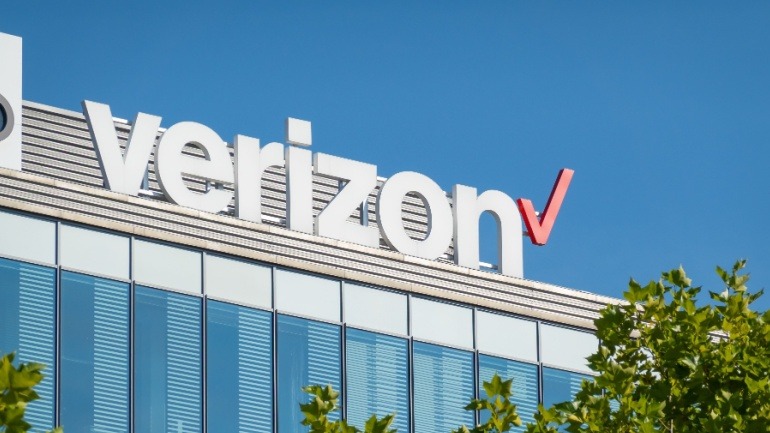T-Mobile Leads in 5G Availability as Verizon and AT&T Lag Behind
Opensignal’s latest report reveals significant disparities in 5G availability among US mobile networks. Verizon users access 5G just 7.7% of the time, and AT&T users 11.8%, while T-Mobile (TMUS) excels at 67.9%. The gap is attributed to spectrum choices: Verizon and AT&T’s focus on mid-band and mmWave, which offer limited range, contrasts with T-Mobile’s use of low-frequency 600 MHz spectrum for broader coverage. Despite T-Mobile’s lead, its 600 MHz 5G offers speeds barely surpassing 4G. The high costs of expanding mid-band 5G coverage hinder US operators’ further investments.
Google Reverses Plan to Phase Out Tracking Cookies
Google has reversed its decision to phase out tracking cookies, opting instead to let users control them. Initially planning to remove cookies by 2022, Google faced resistance from advertisers and anti-competition regulators. The company’s replacement technology, ‘Floc,’ failed to meet privacy standards, leading to the development of ‘Privacy Sandbox.’ This initiative aims to balance user privacy and advertiser needs but has yet to satisfy regulators. Google now proposes a user choice model, continuing discussions with regulators and industry stakeholders. The move pleases advertisers but concerns privacy regulators, who will monitor the implementation closely.
Rapid Gen AI Adoption Faces Infrastructure and Security Challenges
Businesses rushing to adopt generative AI (Gen AI) face prolonged infrastructure challenges, according to Console Connect’s research. In the U.S., 67% of IT leaders see long-term repercussions, slightly less than 76% globally. U.S. organizations appear more prepared, with 53% indicating their networks lack capacity for Gen AI, compared to 69% globally. Increased data from Gen AI adds complexity and cost to enterprise networks, highlighting the need for strategic planning. Security concerns are significant, with 71% globally fearing cyberattacks, a sentiment shared by 67% of U.S. respondents
EdgeCore Plans Major Data Center Development in Virginia
EdgeCore Digital Infrastructure announced plans to develop a 1.4 million square foot data center on 120 acres in Culpeper, Virginia’s Technology Zone. The center will initially support 216MW of IT load, expandable to 432MW, with power delivery expected by early 2028. Located 60 miles from Ashburn, Virginia, the site will feature an efficient, low-water cooling system. The project aims to boost economic growth and job creation in the area, aligning with the community-focused approach of the Culpeper Technology Zone.
Nokia Launches AI-Powered Service to Simplify Fibre Connections
Nokia’s new service, Broadband Easy Connect, leverages AI and cloud technology to automate fibre connections, addressing inefficiencies caused by manual procedures, inaccurate data, and tight schedules. This platform provides operators with customizable workflow tools for scheduling, dispatching, and verifying operations. It also equips field engineers with productivity tools and AI models for port validation and installation checks. According to Nokia, this innovation reduces the need for repeat visits by 50%, accelerates fibre deployment by 20%, and ensures a first-time success rate of 95%, thereby reducing costs and improving customer satisfaction.







